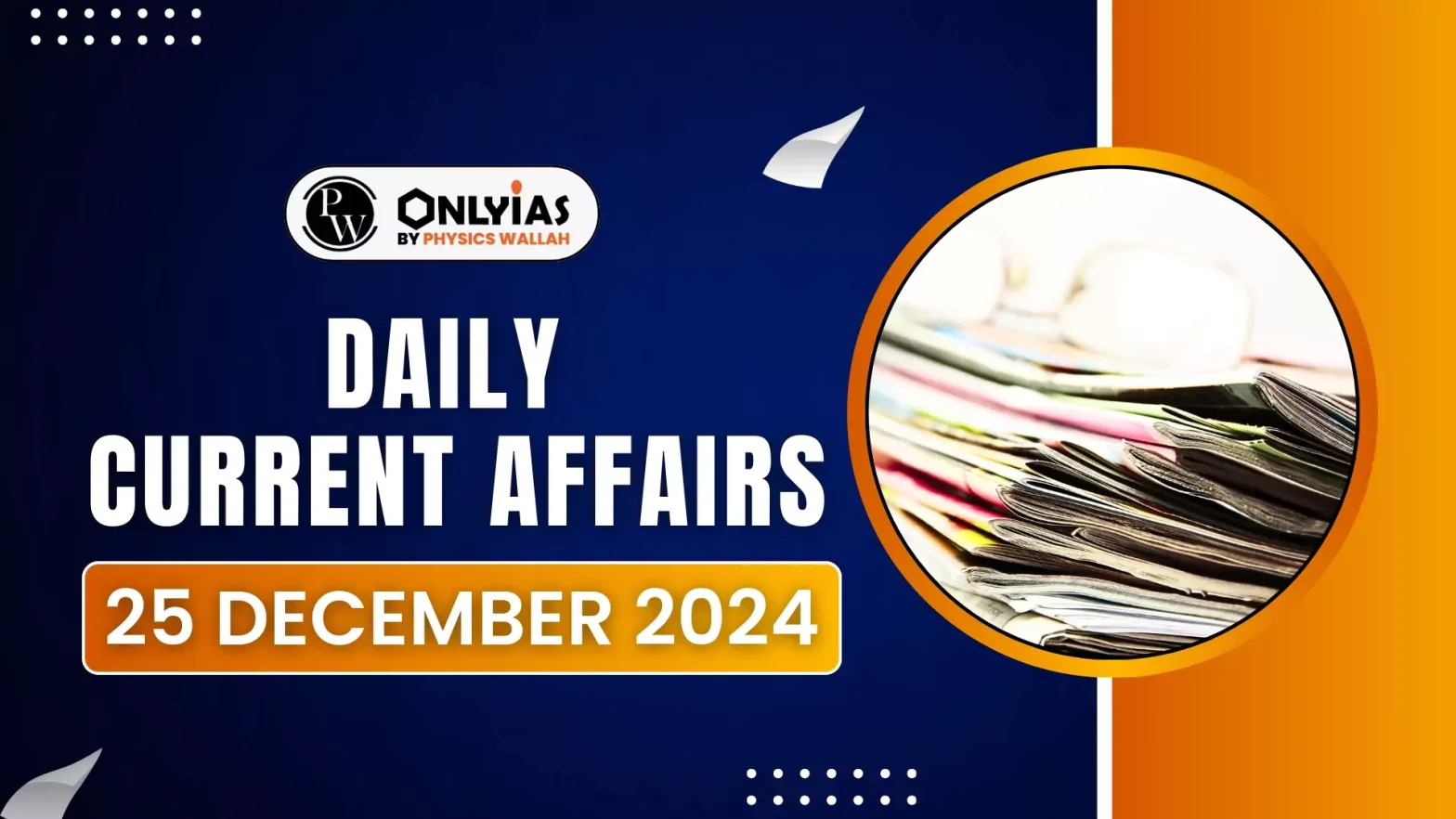The Ministry of Education recently abolished the ‘no-detention policy’ for students in classes 5 and 8 of all government schools.
- The policy was scrapped after an amendment in the Right to Education Act was approved in 2019.
- It came into effect only after an official notification was released in December 2024.
About No-Detention Policy
- It was introduced under the Right to Education (RTE) Act, 2009.
- Section 16 of the RTE Act stipulated that no child from Classes 1–8 could be held back or expelled from school until the completion of elementary education.
- Primary Aim: To reduce dropouts, make learning joyful, and remove the fear of failure among students.
Enroll now for UPSC Online Classes
Reasons for Scrapping the Policy
- Learning Outcomes: The policy led to a decline in academic performance due to a lack of accountability among students.
- Foundational learning levels across states were observed to be poor.
- High Failure Rates: Many students failed at higher levels, particularly in Classes 10 and 12, due to weak foundational skills.
- A PRS report published in 2017 noted that the transition rate from primary to secondary education was low, resulting in high dropout rates, especially in Class 10.
- State Feedback: Twenty-three states requested modifications to the policy, citing adverse effects on learning quality.
- States like Bihar, Rajasthan, and Assam highlighted concerns about the implementation of the policy.
- Concerns Raised by Punjab: The Punjab government in 2014 opposed the No-Detention Policy, citing a “drastic fall in learning outcomes.”
- Learning Outcome Evaluation System (LOES) (2016): Punjab introduced LOES to evaluate students of Classes 5 and 8 while adhering to the RTE Act.
- The system allowed students to take exams but did not hold them back; instead, those identified with poor performance received remedial coaching.
Key Provisions of the Amended RTE Rule (2024)
- Criteria for Detention: Students in Classes 5 and 8 who fail year-end examinations can be detained after failing a re-examination.
- A two-month remedial instruction period will be provided before the re-examination.
- Remedial Measures: Focus will be placed on closing learning gaps through specialized inputs and collaboration between teachers and parents.
- Teachers will guide both students and their parents to improve learning outcomes.
- Exam Pattern: Competency-based examinations will replace rote learning, with a focus on holistic development.
- School Accountability: School heads are required to maintain records of students who are detained and monitor their progress closely.
Implementation and Applicability
- The amended rules apply to over 3,000 Central Government-run schools, including Kendriya Vidyalayas, Navodaya Vidyalayas, and Sainik Schools.
- States have the authority to decide whether to adopt the policy since school education is a State subject.
Current Status in States
- States that have scrapped the policy: States such as Assam, Bihar, Gujarat, Madhya Pradesh, and Rajasthan have done away with the No-Detention Policy for Classes 5 and 8.
- States continuing with the policy: Tamil Nadu and Kerala are among the states that continue to follow the No-Detention Policy.
- Tamil Nadu’s rationale is to avoid creating barriers for children from economically disadvantaged backgrounds and ensure uninterrupted education up to Class 8.
Criticism and Challenges
- High Dropout: The new rules may increase pressure on students, leading to higher dropout rates.
- Administrative Challenges: Implementing remedial measures effectively could pose administrative challenges for schools.
- Disparity: The disparity in educational systems across states may widen, leading to inequities in access to quality education.
Check Out UPSC NCERT Textbooks From PW Store
Impact on Education
- Greater focus on learning outcomes: The focus on learning outcomes is expected to improve accountability among schools and students.
- Increased accountability: Teachers and school heads will be more responsible for addressing learning gaps and ensuring remedial measures are implemented effectively.
Additional Reading: New Education Policy, Right to Education Act 2009
![]() 25 Dec 2024
25 Dec 2024

